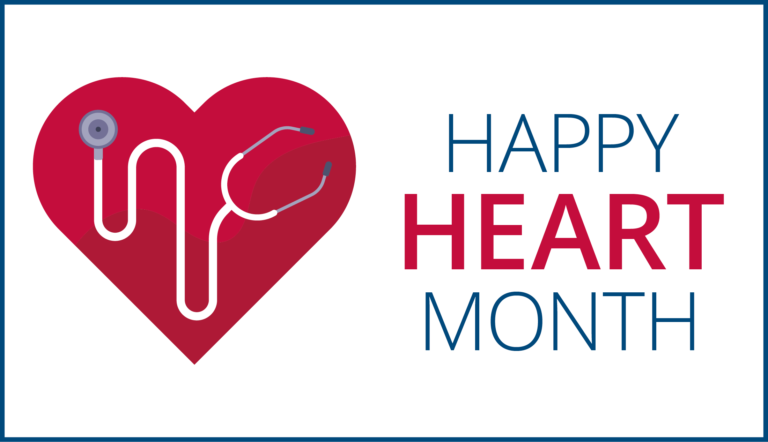
February marks the month dedicated to bringing attention to the importance of heart health. We can all reduce our risk of heart disease by making healthy lifestyle choices, including quitting smoking, getting enough sleep, exercising regularly, and eating a balanced diet.
If you’ve been diagnosed with high blood pressure, you may wonder how best to approach your food choices. The DASH (Dietary Approach to Hypertension) diet can help lower blood pressure and reduce other cardiovascular risk factors, such as cholesterol. It focuses on heart-healthy eating, monitoring portion sizes and limiting sodium.
DASH Diet: What to Eat:
- Fruits and vegetables. Try to fill half of your plate with them at mealtime. Fruits and vegetables are rich in potassium, an essential nutrient. Low potassium levels have been tied to high blood pressure.
- Go nuts! Nuts contain monounsaturated fats, which have been shown to be “heart-healthy” fats. Since nuts are high in calories, be mindful of portion sizes. You should also avoid nuts with added salt or sugar.
- Whole grains. Whole grains contain more fiber and nutrients than refined grains. A single serving of grains consists of ½ cup of cooked rice or pasta, a slice of bread or 1 ounce of dry cereal.
- Dairy. If you consume dairy, opt for low-fat or fat-free. High-fat dairy options are often high in saturated fat, which may not be good for heart health.
- Limit saturated fat and avoid trans-fat. Saturated fat is found in animal and dairy products. Choose lean sources of protein such as poultry (without skin) and fish more often and consider plant-based sources of protein such as beans or tofu.
- Reduce sodium intake to under 2,300 mg/day. Be sure to read the labels on packaged or prepared food, as well as condiments. Add flavor to meals by using spices or other flavorings.
- It is recommended that you consume five or less servings of sweets per week and this includes drinks.
Be sure to talk with your physician or a registered dietitian if you have any questions. More information about the DASH diet can also be found on the Mayo Clinic’s website.

